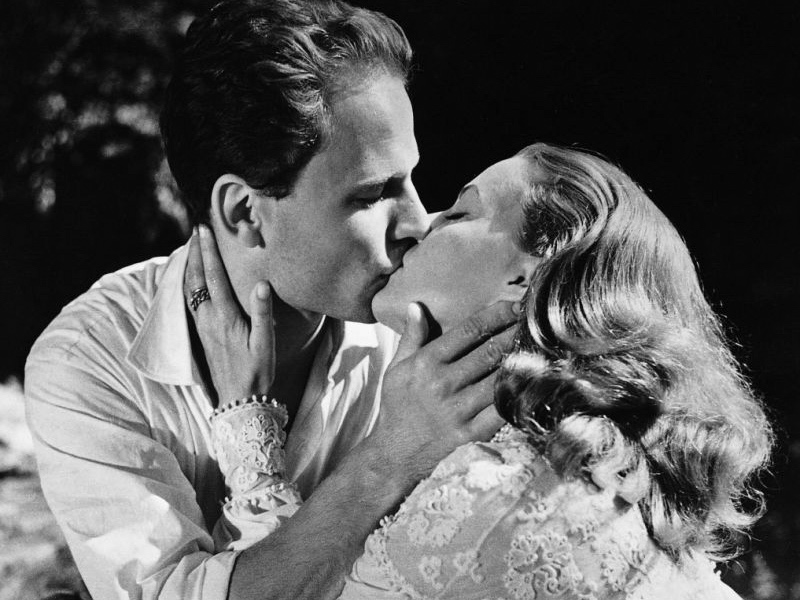
Jeanne Tournier, who is married to a press baron, and is the mother of a little girl, is bored in her château near Dijon. She frequently goes to Paris to visit her girlfriend Maggy and her lover Raoul. When her car breaks down, she meets Bernard and falls in love with him.
EN
“When it came out in November 1958, The Lovers scandalized conservative France, just as it had outraged Catholic Italy at the Venice Film Festival two months earlier. At the same time, the film solidified the reputations of director Louis Malle and star Jeanne Moreau, both having already triumphed earlier that year with Elevator to the Gallows. They would go on, separately, to glittering careers, but The Lovers would remain a landmark of the early French New Wave, even if Malle's relationship to that movement would be tangential. Fifty years on, it may be hard to understand the shock waves The Lovers created with its "frank" depiction of a woman's sexual pleasure, but in the context of late 1950s France, it was a bombshell, all the more so as Malle embedded his portrait of a woman's "liberation" within a trenchant satire of the high bourgeoisie. Today the film also speaks vividly of both the modernization of France and the revolution in French cinema that Malle and Moreau were spearheading.
[...]
What shocked critics so much at the time was not Jeanne's adultery (a staple of French film and theater) but the fact that the film refused to demonize her for it. Instead the camera focuses on her face as she experiences pleasure in a discreet, yet unmistakable, way-as reviewers remarked on at the time, whether they praised the scene (and the film) as a "love poem" or condemned it as "filthy" (there were calls for the film to be banned). In another attack on conventional morality, The Lovers presents her socially acceptable adultery with Raoul as a sham and her iconoclastic relationship with Bernard as authentic (for Bernard, nature, Brahms, and solitude à deux; for Raoul, the polo ground, crowded dance halls, and funfairs). Equally bold is the juxtaposition of her tender kiss to her sleeping child with her kissing Bernard; even though Malle teasingly points to the painting of a cleric on the wall between the child's bedroom and the room where she makes love to Bernard, nothing is made of her as a "bad mother.? Finally, in a departure from the novella and the script, the film shows the couple, unpunished, leaving together at the end-even though their anxiety about the future is clear.”
Ginette Vincendeau1
“When we take another look at The Lovers in the light of both these Orphic themes and Malle's observation that Damage was a kind of The Lovers redux, we notice that the director's own statements about La Carte de Tendre were, in fact, quite despairing: "There's something very pessimistic in the ending of The Lovers', he says, before adding:
La Carte du tendre is like a map, but the names of the villages and towns are Passion, Remords, Jalousie [...] - it's very bizarre actually, it's a geographic representation of all the variations around the theme of love.
There could not be a more radical departure from de Jean's reading: to move from 'the establishment of nouvelle amitié' to 'Passion, Remorse, Jealousy'. This conversion effectively turns a prescription for vital liberation into a deadly poison. Indeed, Pierre Billard reminds us that all of the first versions of The Lovers end with a statement that Jeanne speaks off screen, after being abandoned by Bernard along the road: "These adieux have never ceased, and I've never loved anyone again, never understood what happened.' The film, Pierre Billard comments, introduces us to two major registers in Louis Malle's œuvre: ambiguity and disenchantment'.”
T. Jefferson Kline2

